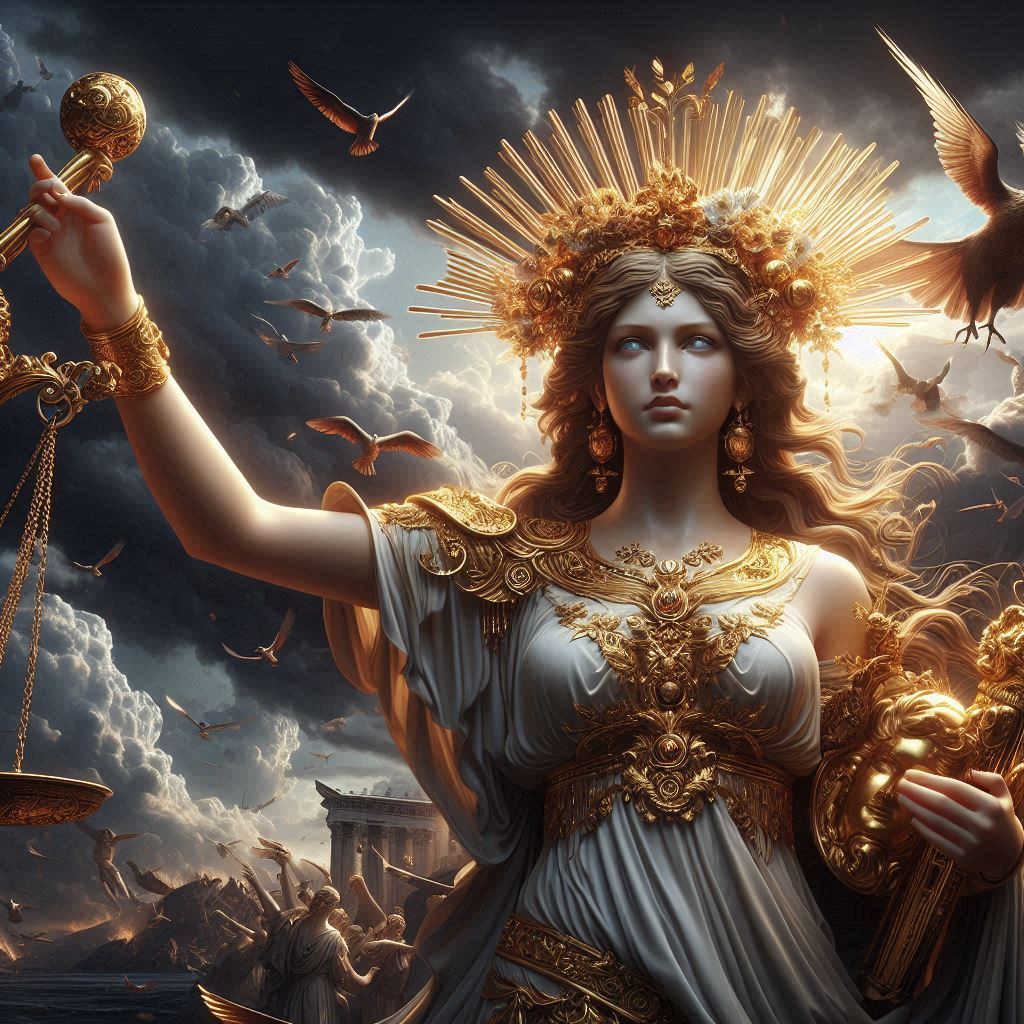Table of Contents
The Timeless Appeal of Journey to the West
Journey to the West, one of the Four Great Classical Novels of Chinese literature, is an unparalleled epic that combines mythology, philosophy, humor, and adventure. Written in the 16th century by Wu Cheng’en, it narrates the spiritual journey of the monk Xuanzang (Tang Sanzang) as he travels westward to India to retrieve Buddhist scriptures. Accompanied by a motley crew of supernatural beings—Sun Wukong (the Monkey King), Zhu Bajie (Pigsy), Sha Wujing (Sandy), and a dragon horse—the story is a profound exploration of human nature, morality, and enlightenment.

The Plot: A Multifaceted Allegory
On the surface, Journey to the West is a fantastical tale filled with action, humor, and mythical creatures. Xuanzang’s pilgrimage spans over 81 ordeals, each a trial of faith, wisdom, and perseverance. Sun Wukong, the rebellious and mischievous Monkey King, provides the narrative’s dynamism. His formidable powers and unruly nature often clash with the restraint and moral uprightness of Xuanzang. Zhu Bajie represents indulgence and laziness, while Sha Wujing symbolizes silent perseverance.
Beneath its adventurous exterior, the novel serves as a deeply allegorical tale. Each character embodies a facet of the human condition. Xuanzang represents pure spiritual aspiration, striving for enlightenment despite the imperfections of his mortal companions. Sun Wukong’s journey from rebellion to disciplined service mirrors the human struggle to balance individual freedom with societal responsibilities.
Thematic Exploration
- Buddhism and Daoism:
The novel’s spiritual foundation is deeply rooted in Buddhist and Daoist philosophy. Xuanzang’s mission itself reflects Buddhist ideals of selflessness and the pursuit of higher wisdom. The trials they encounter symbolize internal and external obstacles on the path to enlightenment, such as greed, anger, and ignorance. Daoist elements manifest through the supernatural landscape, emphasizing harmony with the natural order and the duality of existence. - Human Nature and Redemption:
Each of Xuanzang’s companions is deeply flawed, yet they are integral to his success. The story suggests that redemption and growth come from working through one’s imperfections. Sun Wukong, initially brash and rebellious, becomes a loyal disciple, demonstrating that even the most unruly aspects of human nature can be refined through discipline and purpose. - The Journey as a Metaphor for Life:
The pilgrimage reflects the unpredictability of life, with its mix of triumphs and tribulations. It emphasizes resilience, teamwork, and the importance of a higher purpose. The arduous nature of their quest underscores that enlightenment is not easily attained but requires patience, persistence, and introspection.
Cultural and Historical Impact
Journey to the West is not merely a work of fiction; it is a cultural cornerstone that has shaped Chinese literature, art, and popular culture. Sun Wukong, with his extraordinary abilities and unyielding spirit, has become an enduring symbol of defiance and wit. The novel has inspired countless adaptations in literature, opera, film, television, and video games, transcending time and geography to resonate with audiences worldwide.
Historically, the story reflects the Tang Dynasty’s cosmopolitanism, as well as its engagement with India through Buddhism. Xuanzang’s character is based on a real monk who undertook a similar journey, blending historical reality with mythological grandeur.
Enduring Relevance
Why does Journey to the West continue to captivate readers centuries after its publication? Its appeal lies in its universal themes and vivid storytelling. The struggles of its characters mirror the eternal human quest for meaning, belonging, and transcendence.
In today’s world, the novel’s message of perseverance, self-improvement, and harmony is as relevant as ever. It reminds us that while the path to personal and spiritual growth may be fraught with obstacles, it is also rich with opportunities for transformation.
Conclusion
Journey to the West is more than a tale of adventure; it is a profound meditation on life’s journey. Wu Cheng’en masterfully weaves humor, drama, and philosophy into a tapestry that explores the complexity of the human spirit. Whether viewed as a spiritual allegory, a cultural treasure, or an epic adventure, the novel remains a timeless masterpiece, offering lessons and inspiration for readers across generations and cultures.


No responses yet